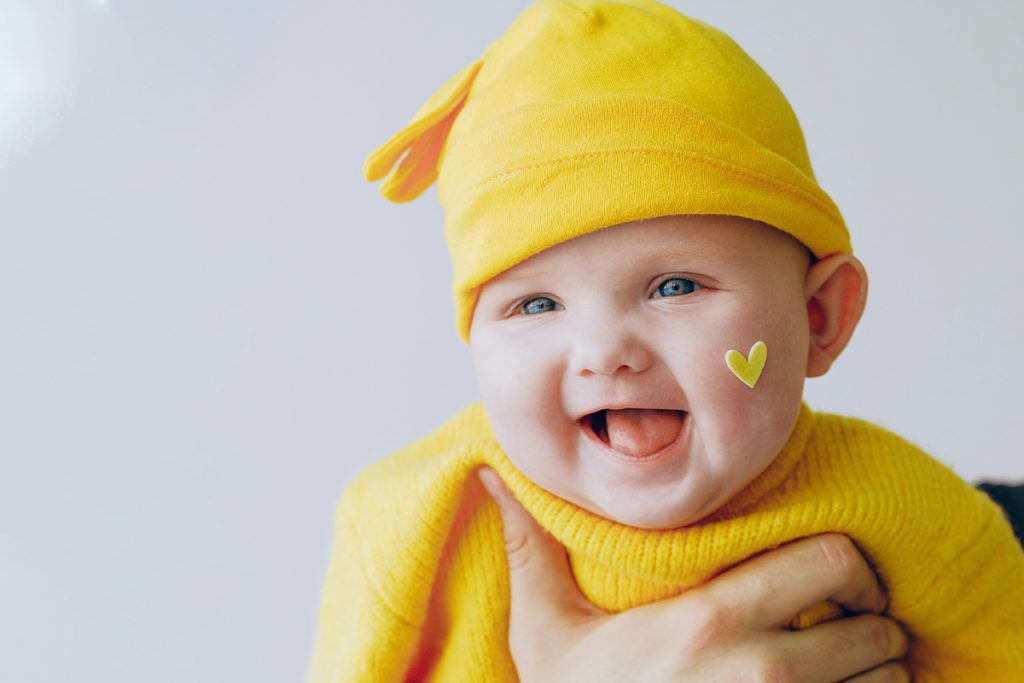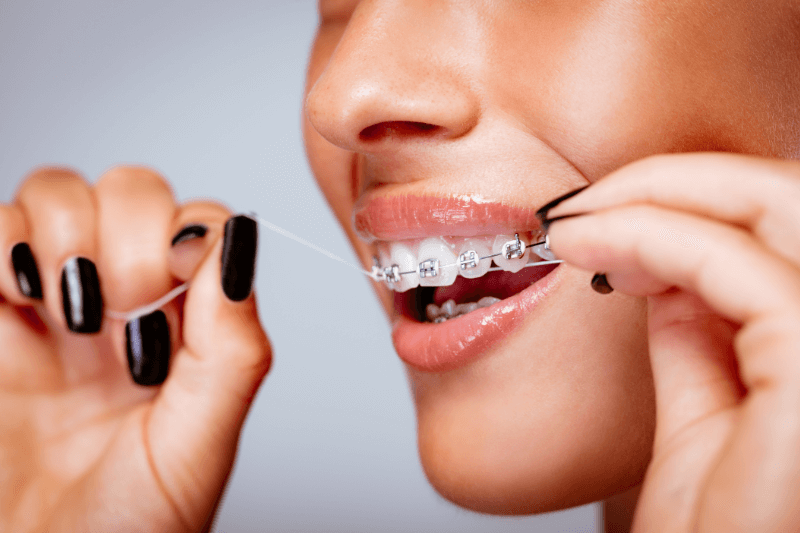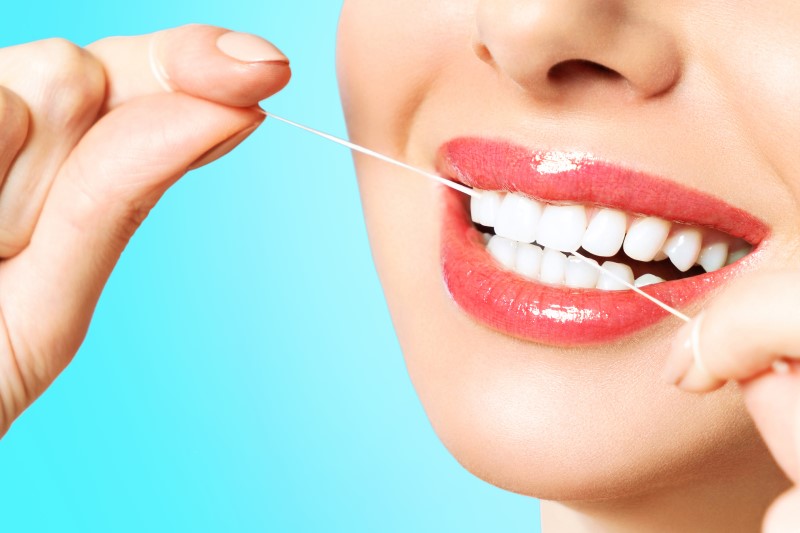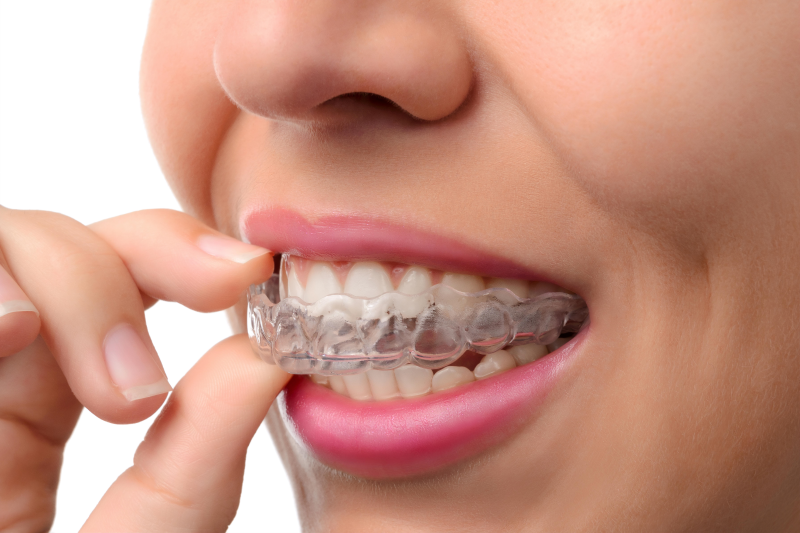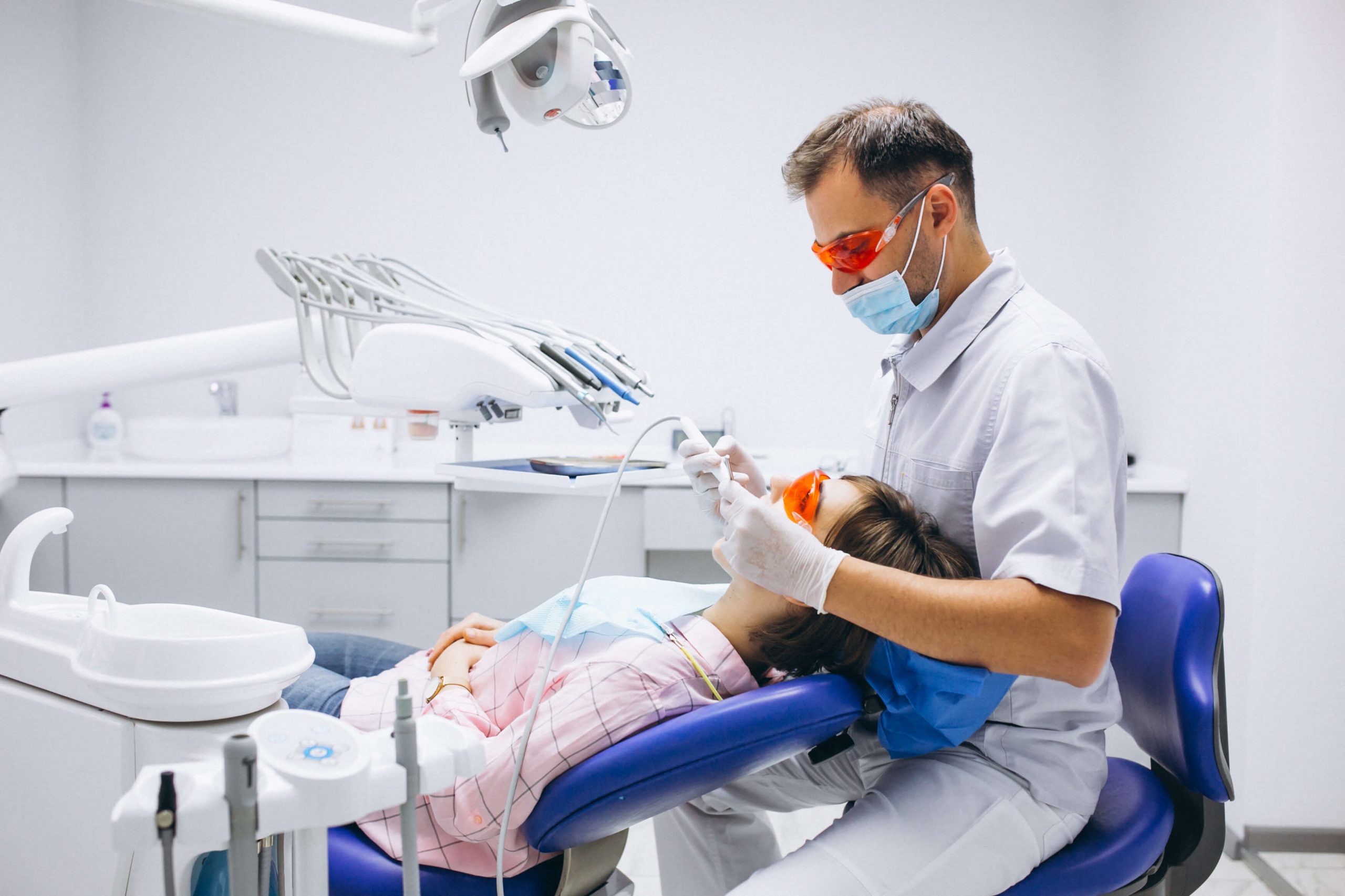In a baby's mouth, 20 milk teeth grow, as opposed to the 32 permanent teeth. Here are some important facts that parents need to know about their baby's first teeth. prvim zubićima.
Most babies get their first teeth between 6 and 12 months
The process of teething is individual for each child, as some babies are born with certain teeth, while others may not have their first tooth even by their first birthday. However, for most babies, teeth can be seen erupting between 6 to 12 months of age. Around the third month, babies start exploring the world with their mouths, leading to increased saliva and putting their hands in their mouths. Many parents wonder if this signals the imminent appearance of their baby's first teeth, but typically, the first tooth appears around six months of age. Lower central incisors usually emerge first, and the eruption of all milk teeth is usually completed by around 3 years of age.
Weaning off the pacifier due to tooth concerns
Sucking is an extremely soothing activity for young children, but parents are increasingly concerned about when and how to wean them off this habit, mostly due to fears about proper tooth development. Pacifiers are most useful when a child is under stress, such as starting daycare or traveling to an unfamiliar place. At around 9 months, children begin to form an emotional attachment to their pacifiers, making weaning more challenging. However, thumb-sucking, pacifier use, or chewing on toys should be understood as a way for a baby to explore the world, soothe themselves, and find comfort. In most cases, pacifier use does not cause dental or jaw problems if the habit doesn't persist for too long. Experts agree that a child should be weaned off the pacifier if they haven't done so on their own by the age of two, as the risk of dental problems increases.
Cleaning baby teeth
Cleaning your baby's teeth should start as soon as their first milk tooth appears, which is around 6 months of age on average, although, as mentioned before, this process is individual, and it should not surprise you if it happens earlier or later. Once the teeth have erupted, they should be cleaned twice a day, especially before bedtime. Children's toothpaste contains smaller amounts of fluoride, tailored to their needs, and only a very small amount should be used. For children up to 3 years of age, smearing a little paste on the brush is enough, while from 3 to 6 years of age, they can use a pea-sized amount.
Make sure children do not eat or lick toothpaste from the tube.
First dental visit
Parents often unintentionally delay their child's first visit to the dentist, and it only happens when a problem arises. As a result, the child's first encounter with the dentist is often stressful.
Our advice is to book the first visit as part of introducing your child to the dentist, ideally when their first teeth erupt. This way, the likelihood of something requiring interventions or repairs is low, and the whole experience will be free of fear while introducing your child to new people in their environment.
Talk to your child about the dentist's profession, their job, and the reasons why it's important to have healthy and strong teeth. The first dental visit in this case will be short and more of an advisory conversation, encouraging your child to establish or continue good habits that will bring benefits for life.


